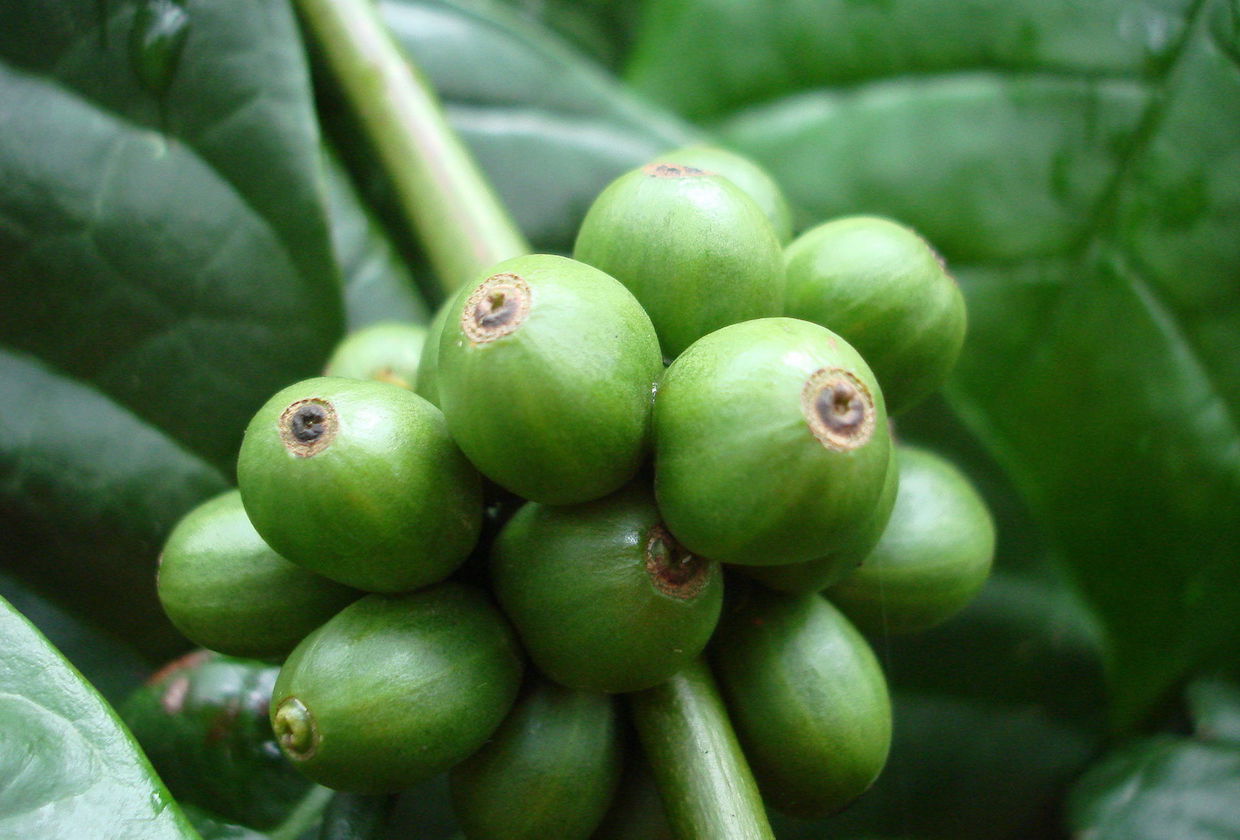The Costa Rica Ministry of Agriculture is seeking to lift a 30-year ban on robusta production in the country, in an effort to increase rural incomes and respond to threats to coffee production posed by changing climate conditions, pests and disease, according to a report from Reuters.
The ban on robusta took effect in Costa Rica in 1988, as agriculture leaders encouraged coffee farmers to plant arabica for its greater market potential. Proposals to lift the robusta ban have been put forth at numerous times throughout the past decade, with the most serious challenge coming in 2016 before the The National Coffee Congress for Costa Rica elected to keep the ban intact.
Though countrywide coffee production and exports have stagnated or declined in recent years, the country maintains its reputation as a renowned producer of specialty-grade arabica coffees, which tend to fetch much higher prices in the global market than lower-quality but higher-yielding robusta.
Daily Coffee News recently spoke with numerous sources within the Costa Rican coffee sector. While some expressed doubt that the ban would be lifted — it still requires the signature of President Luis Guillermo Solis — others considered the planting of robusta to be a foregone conclusion.
Though the plan to lift the ban has the support of the Agriculture Minister Felipe Arauz and the sector’s leading trade and farmer-support organization, ICAFE, some sources are concerned that lifting the ban could serve to dilute the Costa Rican coffee brand, which appeals to the global specialty market through high-quality, traceable arabica. Others questioned whether robusta, which is typically sold on the commodities market, is a sensible alternative to other crops that may command more export value.
Arrauz told Reuters, “The complaints can be resolved with clearly designated areas (for planting robusta) and by talking to farmers. We believe that if it’s done right there won’t be a negative effect on arabica.”
Nick Brown
Nick Brown is the editor of Daily Coffee News by Roast Magazine.
Comment
1 Comment
Comments are closed.







Yes, it is a sad time for the Costa Rica coffee industry, in terms of quality we are moving from an “absolutely no” to “could be”. A similar effort was defeated last August because it did not get enough votes in the Coffee Congress. This time the forces pushing for this change in the law managed to convinced the exiting president to sign an executive order.